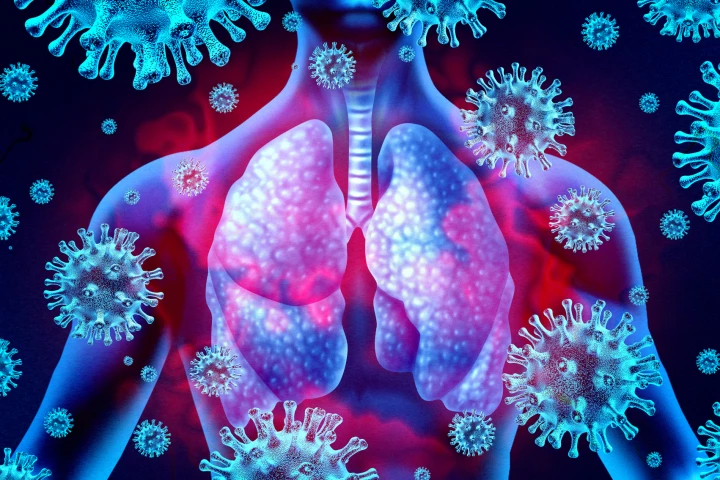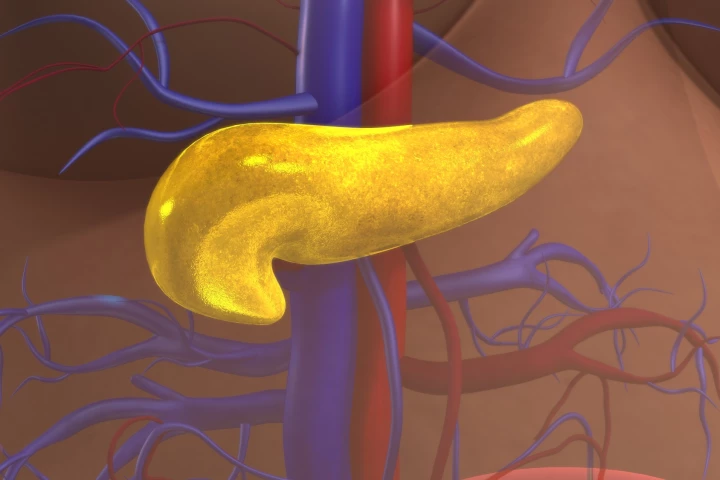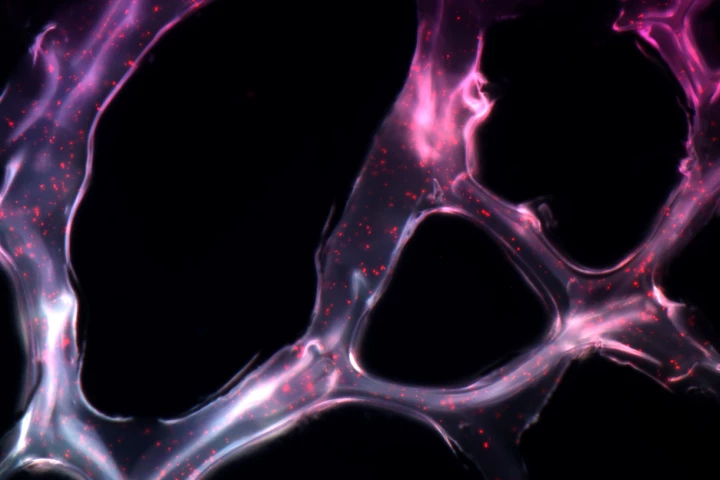MicroRNA
-
Researchers have developed an inhalable drug that targets the overactive white blood cells that cause lung damage during severe infection. With clinical trials due next year, it may soon be a novel treatment for COVID complications and pneumonia.
-
Researchers have successfully stimulated hair growth in mice using microRNA to genetically manipulate the hair follicle’s stem cells, meaning that balding pate may one day be sporting a mane of luscious locks.
-
UK researchers have, for the first time, identified a genetic pathway in the brain that plays a key role in controlling anxiety, opening the door to the development of more effective treatments in the future.
-
A large-scale genetic analysis has revealed microRNAs in human pancreatic cells strongly associated with type 2 diabetes (T2D). The results can be used in future research into how the condition develops and how it can best be detected and treated.
-
A new peer-reviewed study is suggesting mRNA COVID-19 vaccines can prevent infection and reduce risk of onward transmission. The research is one of several real-world studies looking at the first few months of vaccinations.
-
Biotech company Moderna has revealed more data from its Phase 3 COVID-19 vaccine trial, reporting the vaccine is 94.1 percent effective at preventing COVID-19. An FDA review evaluating Emergency Use Authorization is now scheduled for December 17.
-
Asthma and other allergic reactions are increasingly common today, and while manageable there’s currently no cure. Now, researchers at Yale University have found a new potential pathway for treatment, targeting cellular "gatekeepers" called microRNA.
-
Research has discovered that inside every cell in the human body is a kill code designed to trigger self-destruction if it senses a cell is turning cancerous. Across two studies the scientists homed in on the code underlying this mechanism and believe it may lead to a new kind of cancer treatment.
-
A team of researchers from the University of Michigan has developed a new technique to aid bone repair, using polymer nano-shells to deliver microRNA molecules. The method could one day have a big impact on regenerative medicine, directing cells already present at injury sites to aid healing.
-
Scientists have created a new method of tackling tumors by combining three strands of microRNA. The gel-based treatment was tested on laboratory mice, with the results showing it to be hugely more effective than existing treatments such as chemotherapy.









